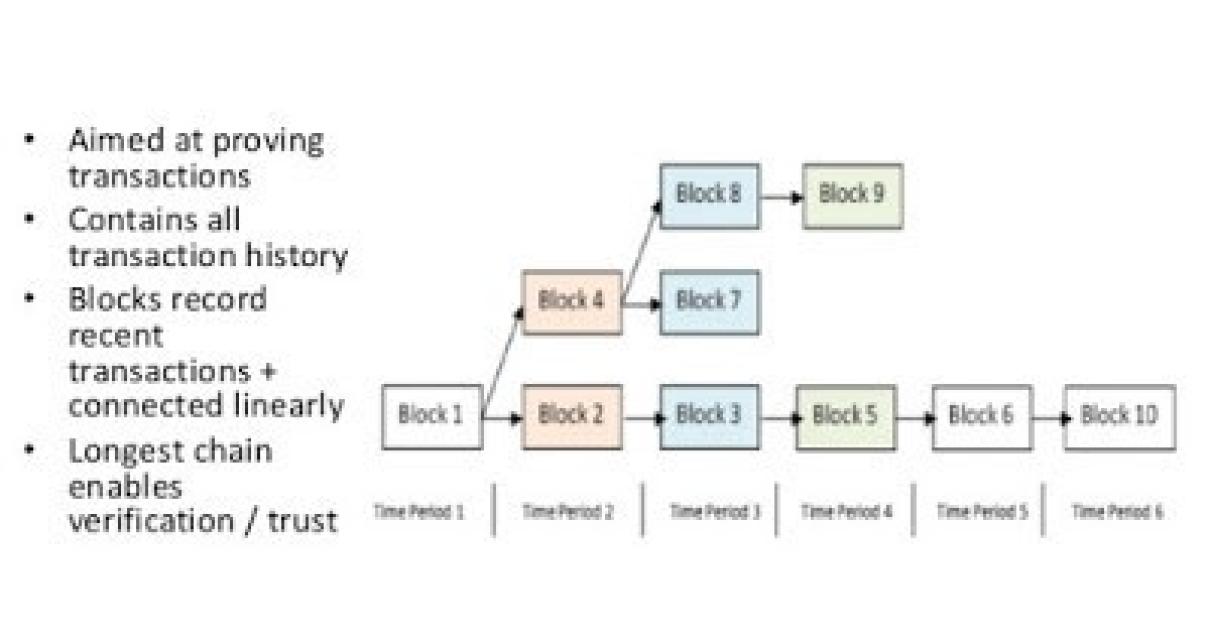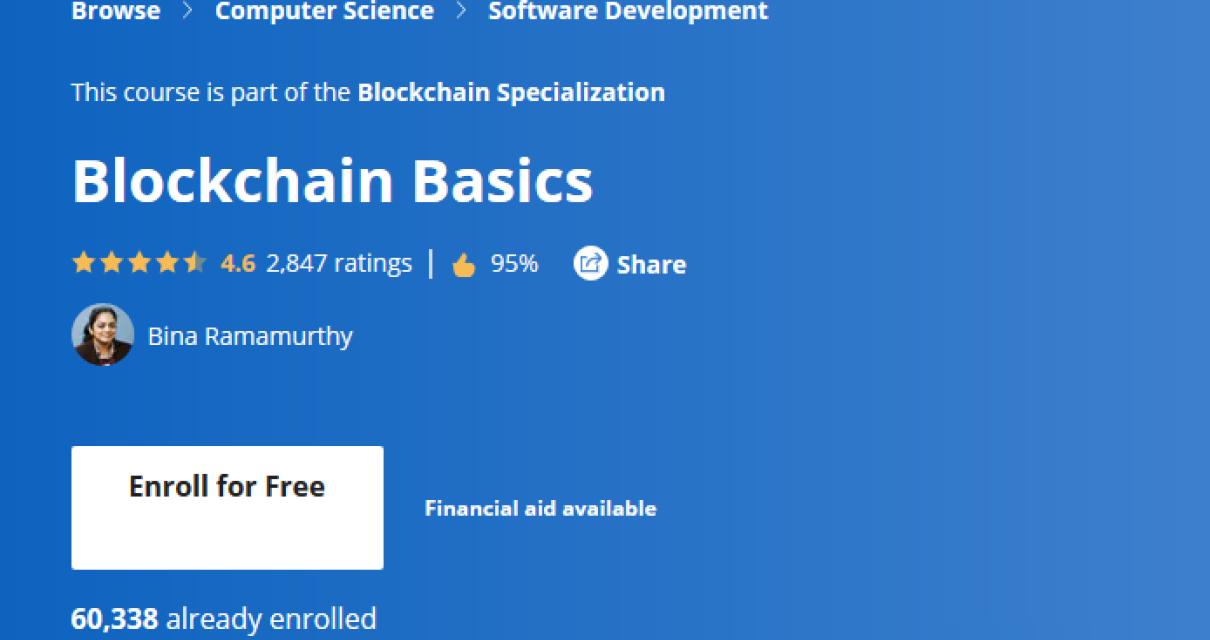Introduction to Blockchain Development
Blockchain technology is a distributed database that maintains a continuously growing list of records, called blocks. Each block contains a cryptographic hash of the previous block, a timestamp, and transaction data. The blockchain is constantly growing as new blocks are added to it with a new set of transactions. Each node in the blockchain network maintains a copy of the blockchain.
Applications of blockchain technology include:
-Distributed ledgers: A blockchain can be used to maintain a continuously growing list of records, called blocks, that are cryptographically secure and tamper-proof. This technology can be used to track the movement of assets, to verify the authenticity of documents, and to confirm the provenance of products.
-Decentralized applications: A blockchain can be used to create a decentralized application. A decentralized application is an application that is run on a network of nodes instead of on a single server. These applications are not governed by a single entity and are powered by a community of users.
-Cryptocurrency: A blockchain can be used to create and manage cryptocurrencies. Cryptocurrencies are digital or virtual tokens that use cryptography to secure their transactions and to control the creation of new units. Bitcoin, Ethereum, and Litecoin are examples of cryptocurrencies.
What is Blockchain Technology?
Blockchain technology is a distributed database that can be used to securely store and transmit data. The blockchain database is decentralized, meaning that it is not controlled by any one entity. This makes it resistant to tampering and allows for tamper-proof recordkeeping.
Blockchain technology is also immune to the double spending problem. This problem occurs when a person tries to spend the same money twice. Because the blockchain is a distributed database, it is impossible for one person to spend the same money multiple times.
Finally, blockchain technology is transparent, meaning that everyone can see the transactions that take place on the network. This makes it difficult for anyone to hide their activities.
The Benefits of Blockchain Development
There are many benefits of blockchain development, including the following:
1. Transparency: Blockchain is a transparent platform that allows everyone to see the details of a transaction. This makes it more secure and easier to track.
2. Security: Blockchain is a secure platform that allows users to conduct transactions with confidence. It is also difficult to hack, making it a valuable tool for businesses.
3. Efficiency: Blockchain is an efficient platform that allows users to conduct transactions quickly and easily. This is valuable for businesses that need to make transactions quickly and without drama.
4. Cost Savings: Blockchain can reduce the cost of transactions by eliminating the need for third-party verification. This can save businesses money on fees and costs.
5. Greater Control: With blockchain, users have greater control over their data and finances. This makes it easier to manage and protects your privacy.

The Types of Blockchain Development
There are three types of blockchain development: software development, business development, and technical development.
Software Development
Software development is the process of creating a new application or system using blockchain technology. This type of development involves building a user interface, developing the back-end, and assembling the pieces into a working system.
Business Development
Business development is the process of finding and working with clients to create or adopt blockchain technology. This type of development involves identifying potential customers, developing a sales strategy, and forging partnerships.
Technical Development
Technical development is the process of developing the underlying technology of a blockchain system. This type of development involves creating a blockchain platform, developing a blockchain protocol, and testing the system.
The Process of Blockchain Development
The blockchain development process is a culmination of a number of different steps and processes. The following is a high-level overview of the main steps involved in blockchain development:
1. Planning and Architecture
The first step in developing a blockchain is planning and architecture. This involves designing the overall structure and design of the blockchain network. This includes designing the rules and protocols that will govern how transactions are processed on the network.
2. Development
Once the architecture is complete, development begins. This involves creating the actual code that will run on the blockchain network. This code must be secure and efficient, while also meeting all of the requirements of the network.
3. Testing and Deployment
Once the code is complete, it must be tested and deployed to the network. This involves making sure that the network is functioning as intended and that all of the code is working as expected.
4. Maintenance and Upgrades
As the blockchain network grows and evolves, it will require regular maintenance and upgrades. This involves making sure that the code is updated to meet the latest requirements of the network.
How to Learn Blockchain Development for Free
There are many ways to learn blockchain development for free. You can use online resources, attend workshops, or even join a blockchain development community. Here are some of the best resources for learning blockchain development:
1. Online Resources
There are many online resources for learning blockchain development. You can find tutorials, articles, and videos that cover a variety of topics related to blockchain development.
2. Workshops
You can also attend blockchain development workshops to gain more experience working with blockchain technology. These workshops often include interactive sessions and hands-on exercises that will help you learn how to develop blockchain applications.
3. Community Members
Another way to learn blockchain development is to join a community of like-minded developers. These communities can offer you access to resources and support, as well as opportunities to share your expertise and learn from other members.

The Best Resources for Learning Blockchain Development
If you want to learn blockchain development, there are a few excellent resources out there.
1. Blockgeeks
Blockgeeks is a great resource for learning about blockchain development. They have a wide variety of resources, including tutorials, articles, and videos.
2. Ethereum Foundation
The Ethereum Foundation is a great source of information on blockchain development. They have a wide variety of resources, including tutorials, articles, and videos.
3. Bitcoin Magazine
Bitcoin Magazine is a great source of information on bitcoin and blockchain development. They have a wide variety of resources, including tutorials, articles, and videos.
The Different Approaches to Learning Blockchain Development
There are a few different ways to learn blockchain development.
1. Online Courses
One option is to enroll in online courses that teach blockchain development. These courses can be found online, and typically last around 10 weeks.
2. Paid Training Programs
Another option is to join a paid training program that teaches blockchain development. These programs can last anywhere from 2 to 12 weeks, and often include instruction on specific programming languages and tools.
3. Community-Led Training
Finally, another option is to join a community-led training program that teaches blockchain development. These programs typically consist of group sessions and hands-on workshops, and can be a great way to learn from experienced developers.
Why Blockchain Development Is Important
When it comes to blockchain development, it is important to know the basics of this technology in order to make an informed decision about whether or not it is the right fit for your business.
Blockchain technology is a distributed database that allows for secure, transparent and tamper-proof transactions. Transactions are verified by network nodes through cryptography and recorded in a public distributed ledger.
The most popular application of blockchain technology is cryptocurrency, which uses blockchain to create a new digital currency that is independent of central authorities. Other potential applications of blockchain technology include cross-border payments, land registry, supply chain management and the recording of intellectual property.
If you are interested in exploring the possibilities of blockchain development for your business, be sure to speak with a qualified expert.

How to Use Blockchain Technology in Your Business
If you want to implement blockchain technology in your business, there are a few things you need to do. First, you'll need to create a blockchain network. This network will consist of nodes that will help keep the blockchain ledger up-to-date. Next, you'll need to create a digital asset. This asset can be used to represent anything on the blockchain, such as money, property, or data. Finally, you'll need to create a transaction script. This script will allow people to exchange digital assets on the blockchain.
What Is Smart Contracting?
Smart contracting is a process that allows two or more parties to execute a contract without the need for a third party. A contract is a legally binding agreement between two or more parties. A smart contract is a digital contract that is executed and enforced through blockchain technology.
How Does Blockchain Technology Help With Smart Contracting?
Blockchain technology helps to create a secure, transparent and tamper-proof record of all transactions. This makes it ideal for use in smart contracting because it enhances trust and eliminates the need for third-party verification. Additionally, blockchain technology allows for automatic execution of contracts and settlement of payments.
How to Secure Your Blockchain Application
There are a few things you can do to secure your blockchain application.
1. Use a Security Token
One way to secure your blockchain application is to use a security token. A security token is a digital asset that represents ownership of a real world asset. Security tokens can be used to secure the ownership of a blockchain application.
2. Use a Cold Storage Mechanism
Another way to secure your blockchain application is to use a cold storage mechanism. A cold storage mechanism is a secure way to store your digital assets. Cold storage mechanisms can be used to secure the ownership of a blockchain application.
3. Use a Security Token Service Provider
Another way to secure your blockchain application is to use a security token service provider. A security token service provider provides services that help you to secure your blockchain application.